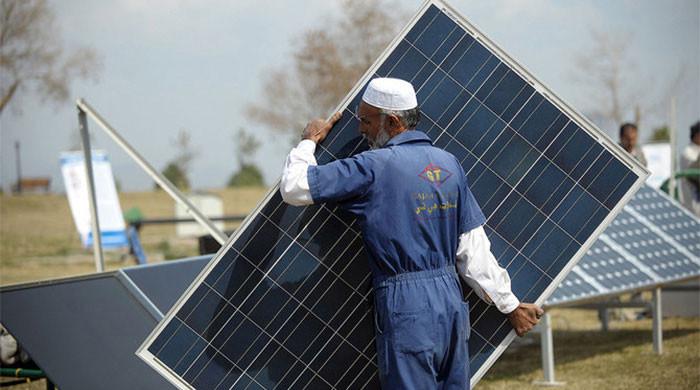Energy plays a vital role in sustainable economic growth and development. Over the last couple of years, climate change has played havoc socio-economically and so Pakistan has started a major shift to green energy, accepting the need for sustainable energy sources to fuel its economic growth and meet accelerating climate challenges. This shift is driven by several factors, including rising fossil fuel costs, increasing energy demands, and the global push to mitigate climate change impacts.
As Pakistan moves forward with its green energy agenda, there is much to analyse in terms of private-sector collaboration, government policy, and the challenges that persist. The positive aspect is that the government has made green energy a key component of its long-term energy strategy. One of the most notable steps has been the State Bank of Pakistan’s introduction of more favourable financing options for renewable energy projects.
This initiative has been crucial in encouraging investments in wind and solar energy, making it easier for businesses and households to transition away from traditional energy sources. The government has also reduced interest rates on loans for renewable energy installations, opening the door for small businesses and households to adopt clean energy technologies. Besides financial incentives, the government is directing statutory reforms that will boost green energy use.
Policies such as net metering permit households with solar panels to sell extra energy b.


















